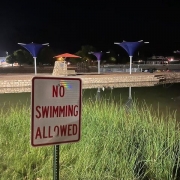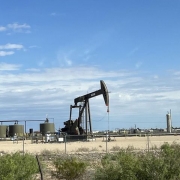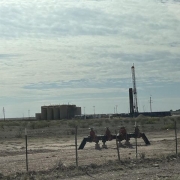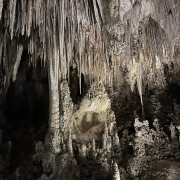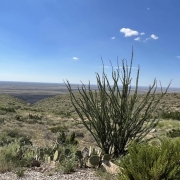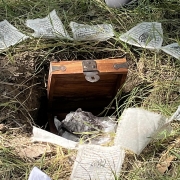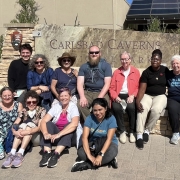A Plea from the Pope: A Free Webinar Hosted by the UCC
As the feast day of Francis of Assisi is celebrated on October 4th, Pope Francis will release the “second part” of his encyclical on the climate crisis and inequality The new edition of the encyclical will provide an update to confronting “the senseless war on our common home.” A multi-faith panel of climate leaders will reflect upon Pope Francis’s plea for climate action. On Wednesday, Oct. 11, at 11:00 a.m. Mountain Time (1:00 p.m. Eastern Time) the United Church of Christ is hosting a free webinar to reflect on the pope’s encyclical, which follows up and updates Laudato Si.
Panelists will include:
-Dan Misleh, Founder, Catholic Climate Covenant
-Rev. Susan Hendershot, President, Interfaith Power & Light
-Joelle Novey, Director, Interfaith Power & Light (DC.MD.NoVA)
-Imam Saffet Catovic, Director, United Nations Operations for Justice For All
Even if you cannot make the webinar at its scheduled time, still sign-up, and we will send you a link to a recording of it.
This monthly installment of Creation Justice Webinars is co-hosted by the Rev. Dr. Brooks Berndt who serves as the Minister of Environmental Justice for the United Church of Christ and the Rev. Michael Malcom who serves as the Executive Director for Alabama Interfaith Power & Light and the People’s Justice Council.

